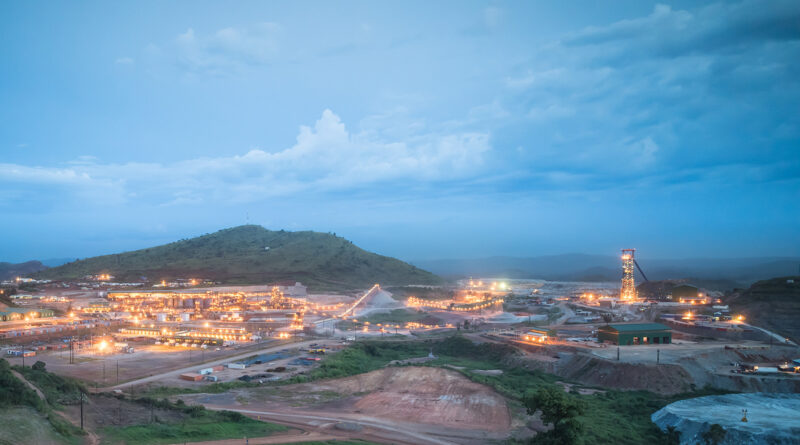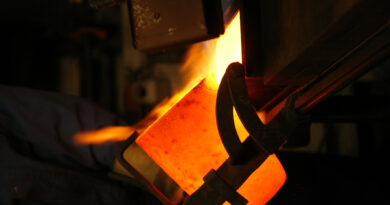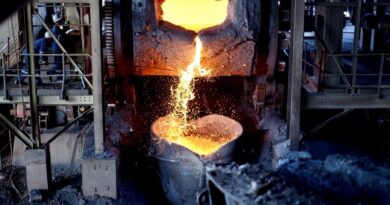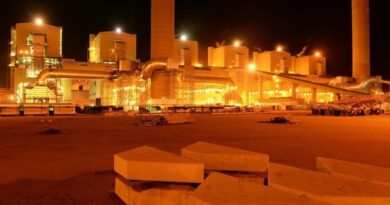Kibali gold mine continues to advance automated mining
KIBALI GOLD MINE, Democratic Republic of Congo – The Kibali gold mine remains on track to achieve its production guidance for the year and grow its mineral reserves net of depletion, securing its future as a Tier One1 operation for at least another 10 years, Barrick president and chief executive Mark Bristow said today.
Speaking at a tour of the complex for government, community and media representatives, Bristow said at the same time continuing investment in technological innovation was keeping Kibali at the forefront of developments in automated mining.
Machine learning has been implemented at the mine’s three hydropower stations and reactive control of the enlarged battery installation will further reduce the need for back-up diesel generation, shrinking Kibali’s already relatively small carbon footprint. New automation software for the underground haulage loaders has been installed and the commissioning of a system for remote stope bogging now enables operators to control loaders from surface.
“Surface control is safer and more efficient, and it also creates employment opportunities for women in an industry where these are not abundant. It’s worth noting that all these operators are Congolese, as Kibali continues to employ and upskill locals in line with Barrick’s global policy of giving preference to host country nationals. Congolese citizens currently make up 94% of Kibali’s workforce including its leadership,” Bristow said.
“Five thousand of our employees and contractors go home to surrounding villages at the end of their shifts and the wellbeing of these communities is consequently a prime concern. This is exemplified by the effectiveness of Kibali’s anti-Covid-19 campaign which included the construction of a community treatment facility. With the support of the Congolese health authorities, we secured a supply of the AstraZeneca vaccine and to date 21% of employees and contractors have been vaccinated compared with the DRC’s countrywide average of 0.15%.”
Bristow said the growth of Kibali had catalyzed and supported the emergence of a thriving local economy in a region previously largely reliant on subsistence farming. In the year to date, the mine has spent $95 million with local contractors and suppliers, many of whom were nurtured by the mine through skills transfer and capacity building.
“To date Kibali has contributed $3.7 billion to the Congolese economy in the form of payments to contractors and suppliers, infrastructure community and support, salaries and royalties, taxes and permits. The success of our continuing exploration program around the mine confirms the potential for reserve growth from new open pittable resources and extensions to the high-grade underground orebodies, indicating that Kibali will materially benefit the DRC and its people for years to come.”




